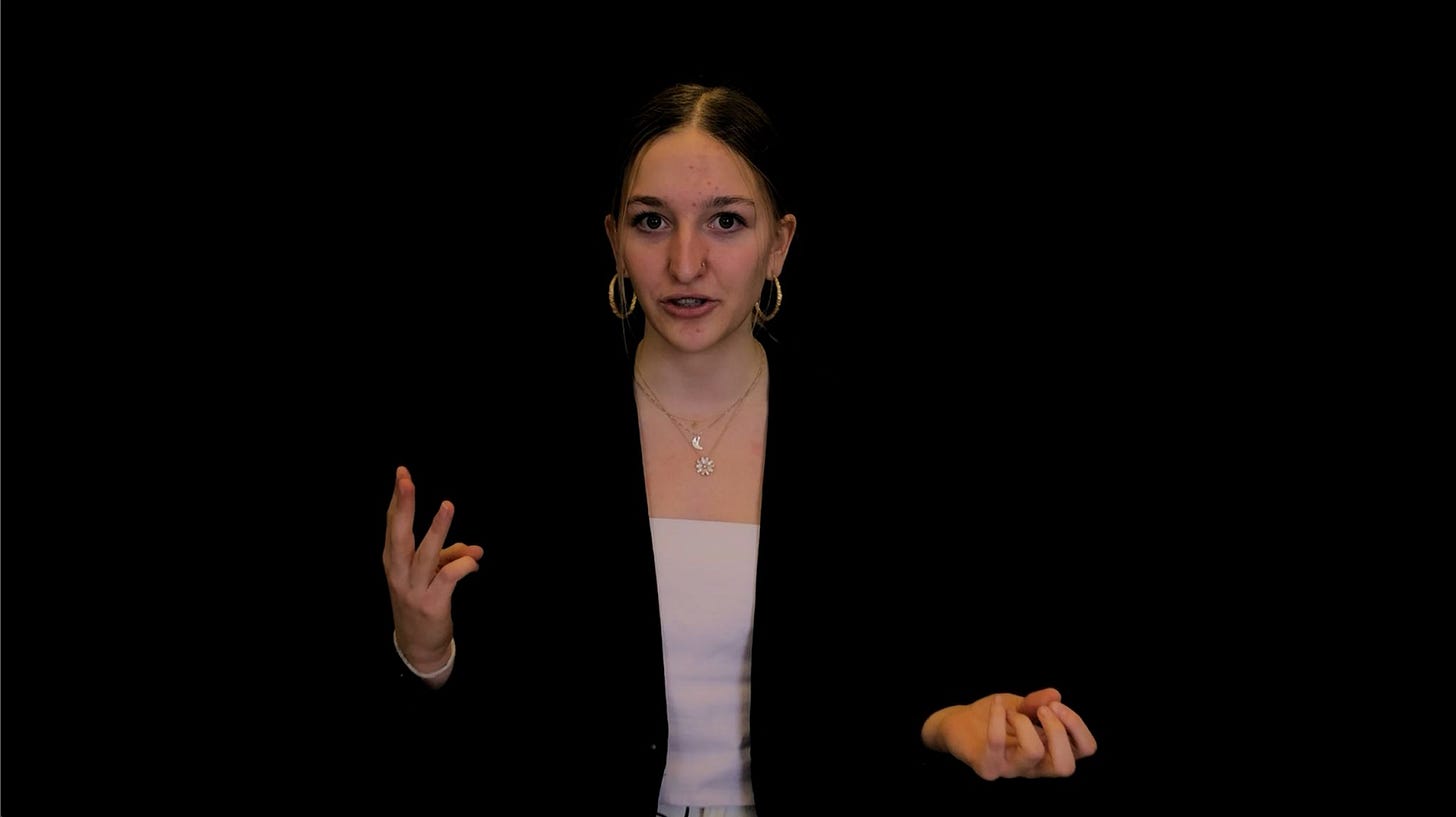Pestilence Propels Innovation - Speech
Note to readers: This was originally written for a Speech & Debate competition (online) hosted by the Kyiv, Ukraine International School.
I am deeply frightened by band-aids. Wounds are masked with them to hide and protect adversity from the rest of the world. I would fall and hurt myself, get a wound and would be told that a band-aid would do the trick. The problem was that when I ripped that band-aid off, it was still there. The brutality of the incident. COVID-19 was the ripping off of the band-aid on our aged systems that are not caught up to the modern constructs of reality. Our medical and educational systems were developed many years ago and do not satisfy the standards of the new generation. COVID has revealed the tender wounds of these systems; such as the inequity, corruption and ineptitude, but has also offered an opportunity for ground-breaking innovation.
2020, the beginning days of March, reading the news from a distance so far I never would have fathomed it to become a reality. I don’t think any of us did, really. Now, COVID-19 has consumed our humanity and it is going to be excruciatingly difficult to get back to where we were. In the past two years we have put so much trust in the medical field (well, at least some of us have) and are finally tending to the wounds that were under the band-aid: for one, vaccinations. One and half years ago thinking about vaccines was above my mental capacity. It felt fruitless to imagine what our communities could be once the vaccines were rolled out. In my mind it was at least 5 years that we would have to wait. 5 months later! The Pfizer and Moderna vaccines are THE ground-breaking discoveries of our time–the mRNA technology has never been used in a vaccine until now. Emily C. Webber from Cerner wrote that most of the COVID-19 response within health care became quick decision making, adapting and innovating and that is what ultimately resulted in the ground-breaking innovations. It is also important to address the role of artificial intelligence in this pandemic. In reference to the DW organization, AI, right beside humanity, was used to analyze the genetic information of COVID-19. With a reading speed faster than any human on earth, AI used machine learning techniques in order to identify the DNA of the virus, as well as the mutations of the virus and how fast they spread. And finally, data collection has allowed for citizens to track their infection contact through a click of a button. This supports the families, community and medical staff of the USA in their methods of protecting themselves from COVID-19. All of which contribute to a future-ready model of medicine that encapsulates efficiency, innovation and safety. The system of healthcare is forever changed because of this pandemic.
When faced with this pandemic our education systems had a similar story. How come when this crisis hit, we were able to change so much about education, but in normal times when something is desperately wrong in the system we simply dismiss it? The ripping of the bandaid exposed the insecurities of our school systems and propelled innovation within the classroom, whether it was beneficial or detrimental to students and teachers. Walls were broken down as teachers had to learn completely new styles of teaching and students and families had to respond. Finally, in certain places there was concern around the mental health of students with so much exposure to technology and little to no social exposure, so asynchronous approaches to learning were implemented to protect well-being. One such insecurity revealed was that schools were relied on too heavily for social service programs, such as child care. During the pandemic all of these students were at home alongside their parents, who were forced to navigate these complications. Leaders outside of academics began to analyze and discuss ways to lift children and families out of poverty rather than relying on schools to provide temporary solutions. Global events are forthcoming and schools have to be more adaptable to the circumstances. I, amongst others, learned the power of technology and finally the global connections created through technology. Last year, I was invited to teach a 3 day change-making workshop online to international students in Myanmar. I woke up at 3am on day 1 to an email saying that the military in Myanmar had shut down all internet servers and took over the government. I had never felt so close to a coup. 5 hours later, a second email said that the international school rebooted their wifi and felt it was important to carry on with our workshop. The technology, teaching methods and open mindedness were propelled into innovation during this pandemic and it allowed for me to make a difference on a global scale.
In an instant everything in our world had to turn to coping mechanisms. This pestilence has brought our souls into shock, but our perseverance as humanity will prevail. In one of my favorite books, Little Women, Louisa May Alcott wrote "I am not afraid of storms, for I am learning how to sail my ship." Despite this longing for direction in this storm, innovation thrives, science thrives, discovery thrives. We will benefit from this for years and years to come. All of these resources and innovations that have been used in account of COVID in future years will help propel us into solving the next challenges that face humanity, such as the climate crisis.
Many thanks for reading,
Ruby




What feedback did you get from Kyiv? This is so good.
Great speech, Ruby! I'm so glad you are staying positive in these difficult times!